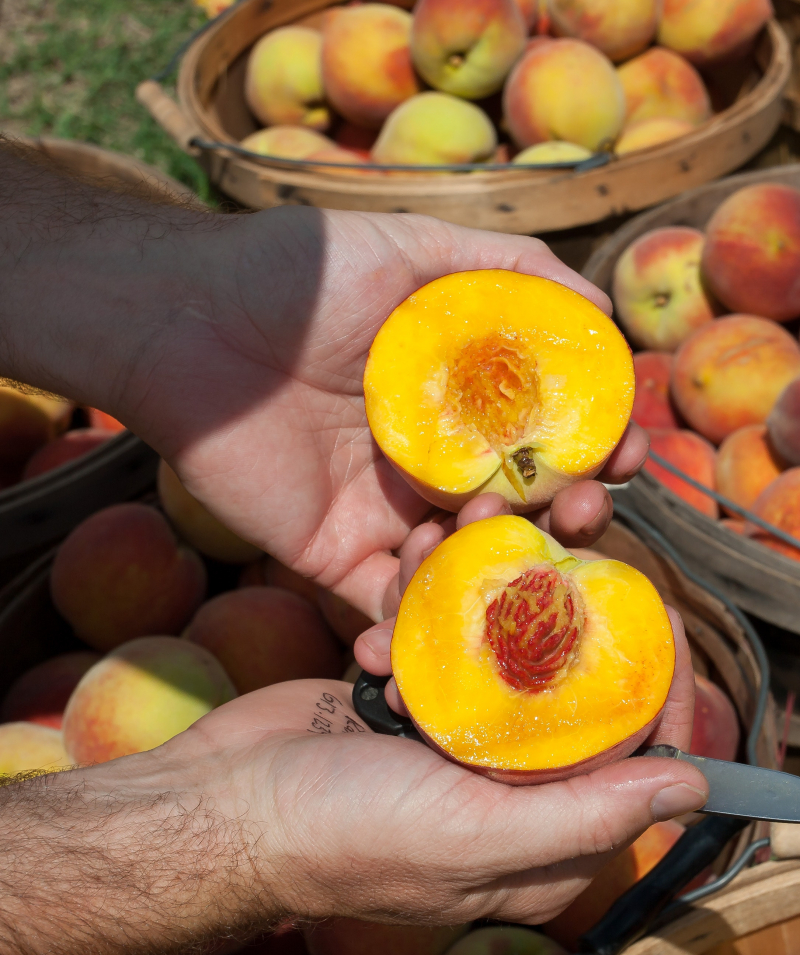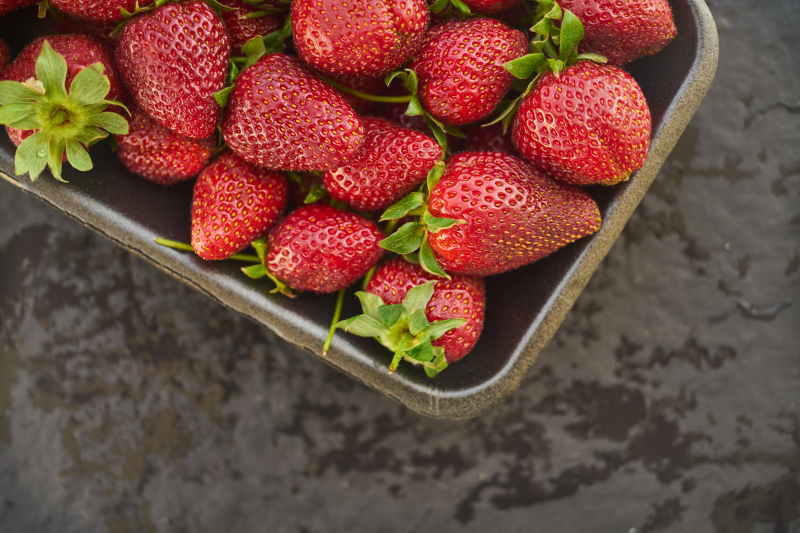Anything Can Be Organic
This one is a little strange, because it deals with dishonest business tactics. Food producers have a penchant for inventing advantages when none exist. How often have you seen a potato chip bag with a label that claims the product is gluten- or cholesterol-free? That's fine and all, but potatoes have never included gluten or cholesterol, so to declare they're devoid of both is akin to stating scorpions aren't present. That wasn't supposed to be there to begin with.
Over the years, there have been some dishonest people in the organic market who have done things like advertise "organic sea salt." Evidently, a few businesses continue to do this. Simple science is the issue with this. Salt is an example of an organic product that cannot be really organic. Minerals are used to make it. It is not now and never will be organic. Therefore, biological salt from the sea or anywhere else does not exist.
Although it doesn't seem fair, the labeling of organic salt appears to be an attempt to convey the product's purity. Organic has a clear definition. Organic sea salt is useless; pure sea salt is fine. Instead, it tries to take advantage of consumers who are ignorant of the products they are purchasing by using terminology they are already acquainted with, even when they are misused.












